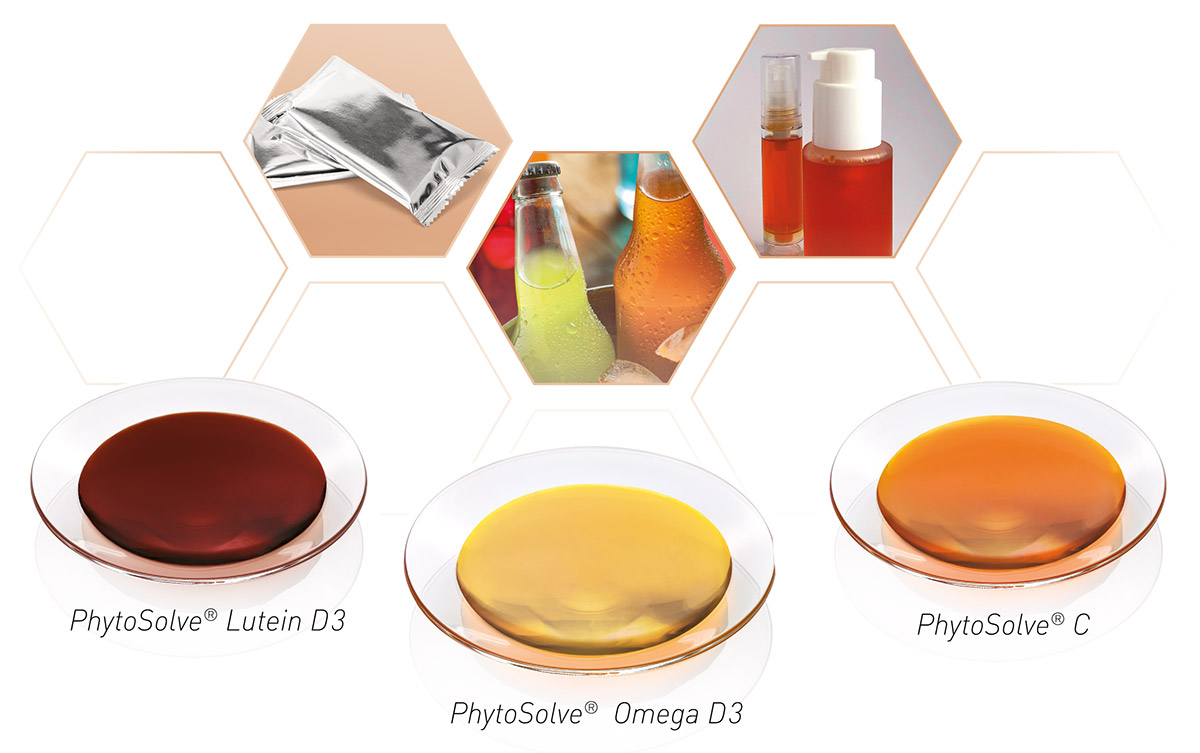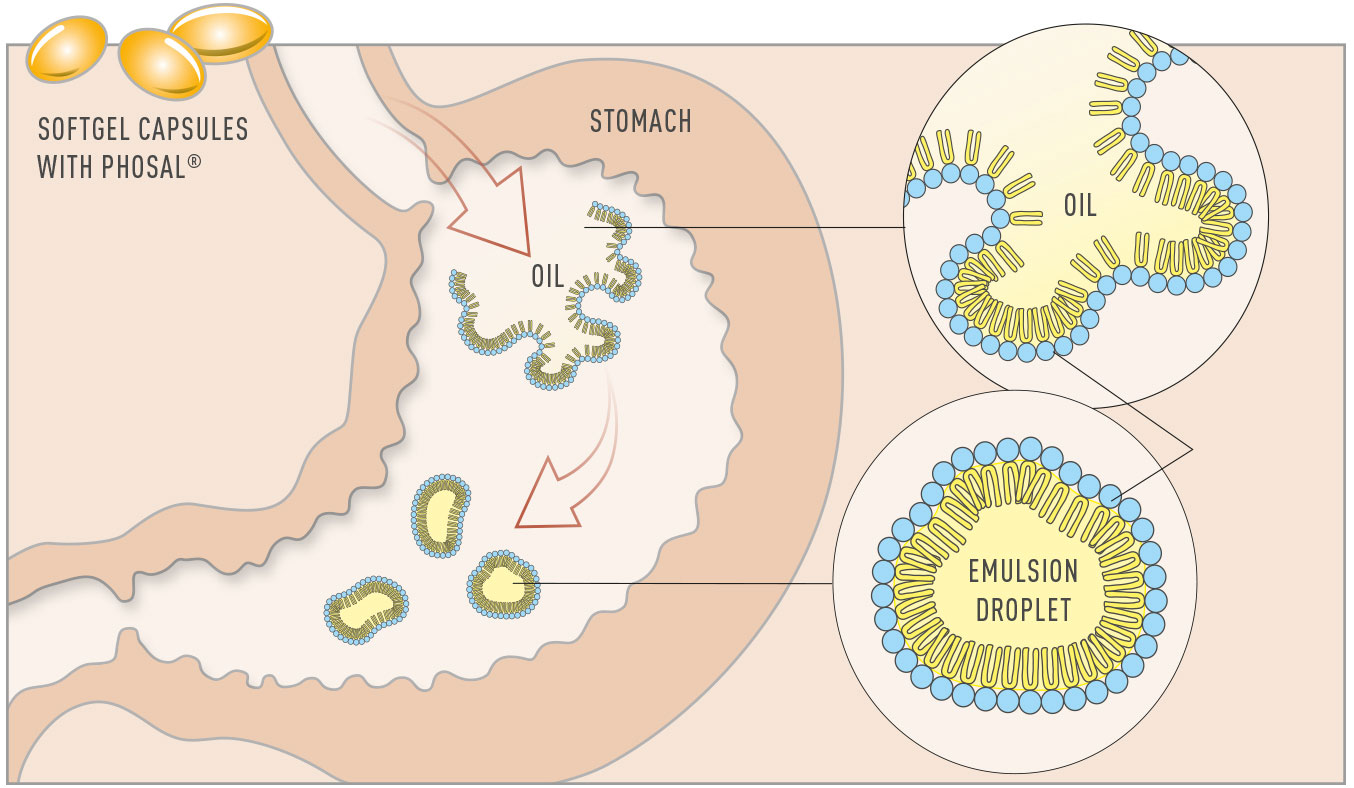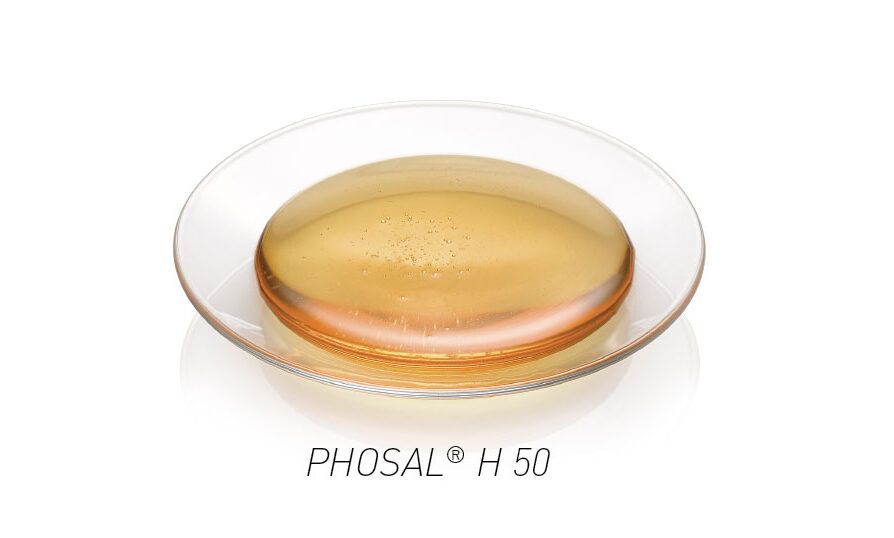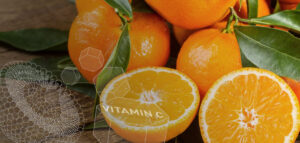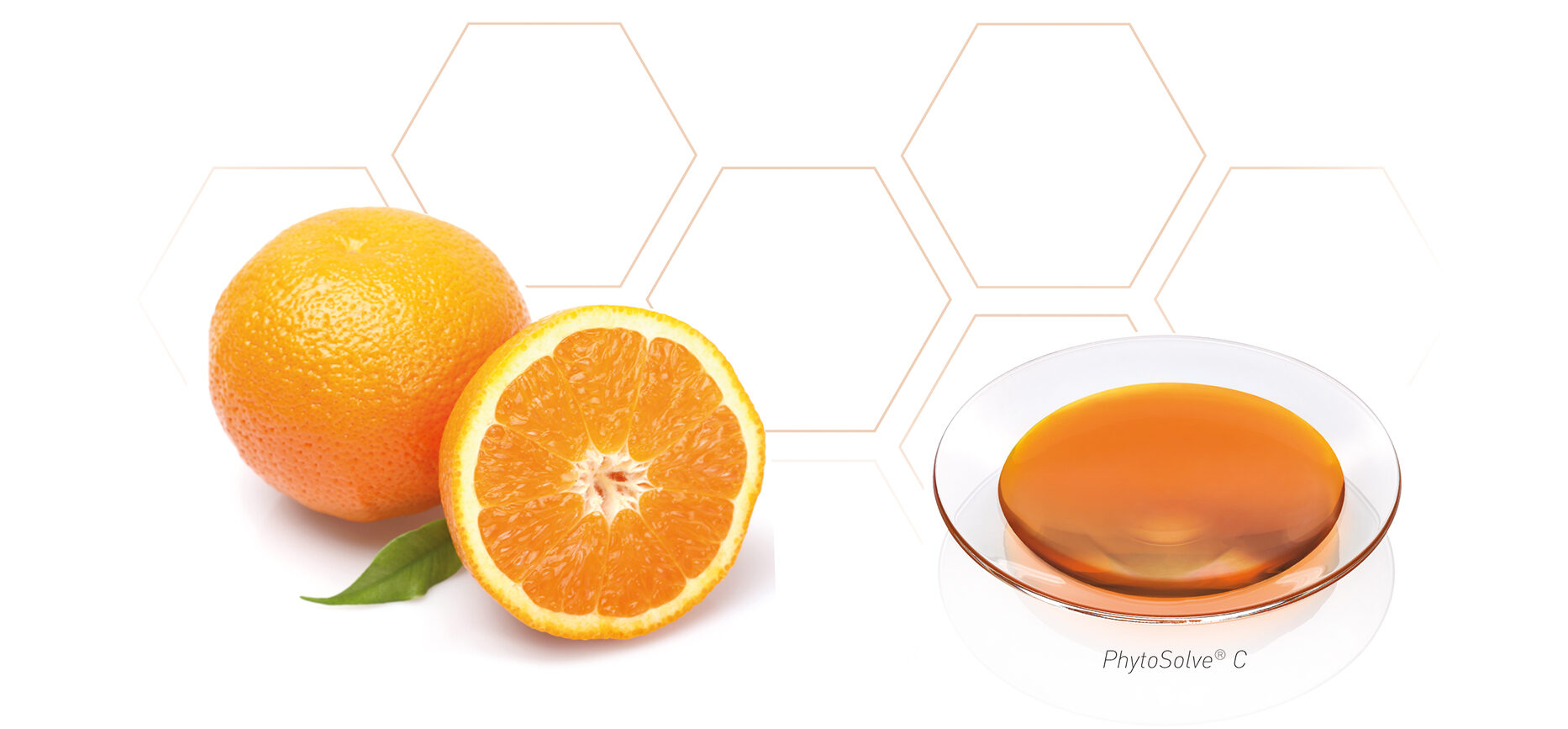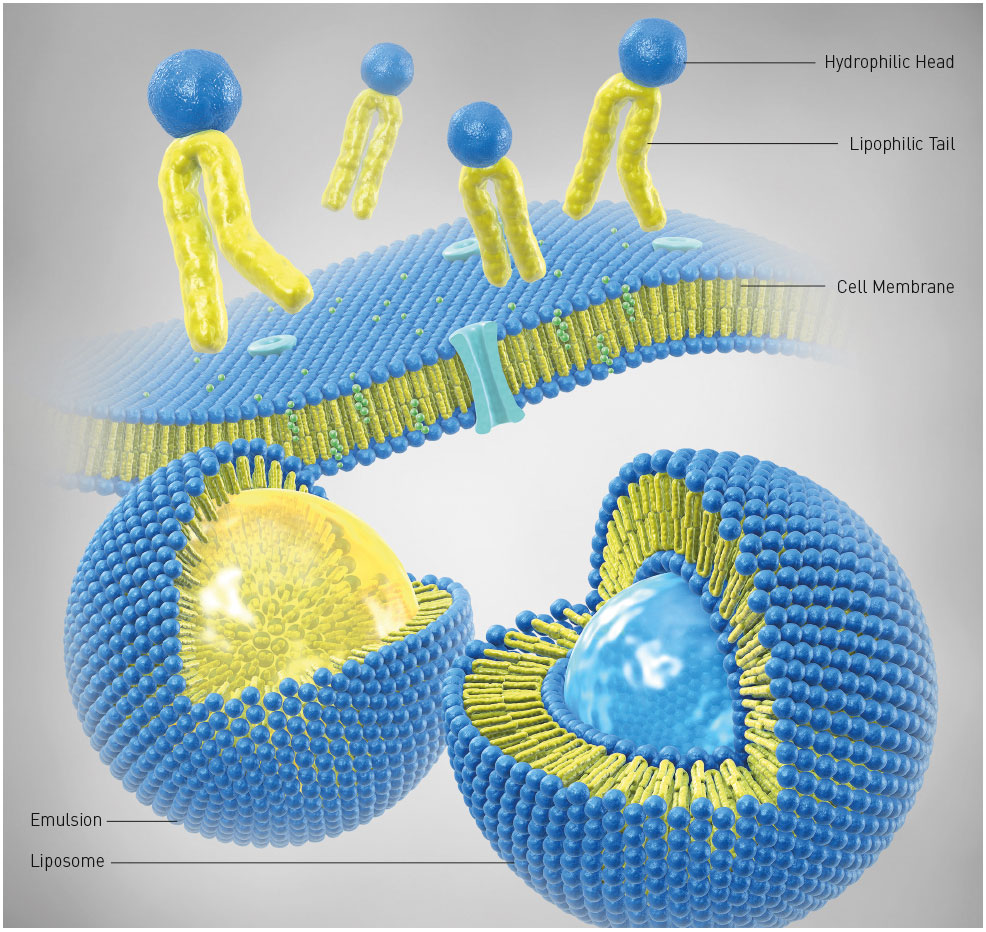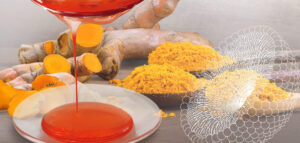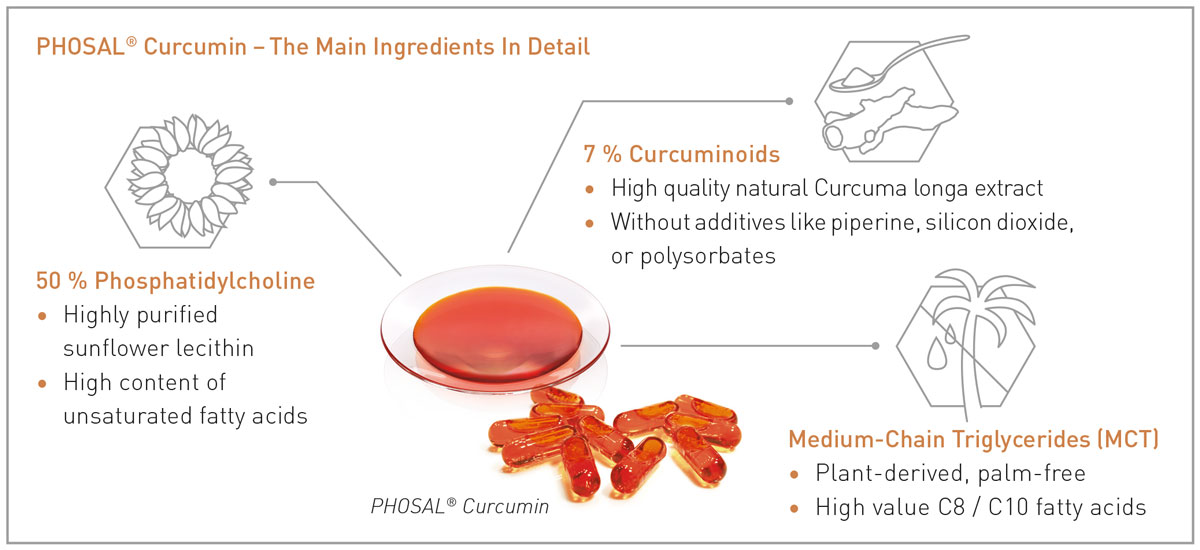Refined Oils with Reduced Phytosterol Content for Parenteral Application
Lipid emulsions, with a high content of essential polyunsaturated fatty acids, are used as a source for energy and nutrients in parenteral nutrition. Especially the polyunsaturated fatty acids linoleic acid (LA) and α-linoleic acid (ALA) are important as a source of calories and to prevent essential fatty acid deficiency.
Soybean oil has a high content of both fatty acids, whereas olive oil is a source for LA and oleic acid. Therefore lipid emulsions based on soybean oil or mixtures of soybean and olive oil are commonly used in parenteral nutrition.
A possible complication of long-term parenteral nutrition is the occurrence of parenteral nutrition-associated liver disease (PNALD ), affecting 15 – 40 % of adults and 30 – 60 % of children. There are indications that PNALD is related to parenteral uptake of phytosterols (PS). PS are natural minor components of vegetable-derived oils and parts of dietary intake. The absorption of dietary PS by the oral route is very limited (5 – 10 %) and the concentration in the blood is thereby low. This protective barrier is not given during parenteral administration while the ability of the human body to metabolize PS is limited. Elevated serum concentrations of PS, especially Stigmasterol, are associated with the deregulation of bile salt metabolism and liver injury.
The PS content of common soybean oil is 2500 – 4000 ppm and of olive oil 1000 – 1800 ppm, respectively. With PhytoPoor® Lipoid is offering PS reduced soybean and olive oils for parenteral application.
As assessed by a rapid GC method, the refined soybean oil contains n.m.t. 600 ppm phytosterol and the refined olive oil contains n.m.t. 300 ppm PS.
The stigmasterol content, considered as the most critical PS, is more than 10-times reduced in these oils with only β-sitosterol as the major remaining PS.
Tab. 1: Comparison of the calculated typical phytosterol content of the oil phase of parenteral nutrition emulsion products made with standard oil grade or oil with reduced phytosterol content
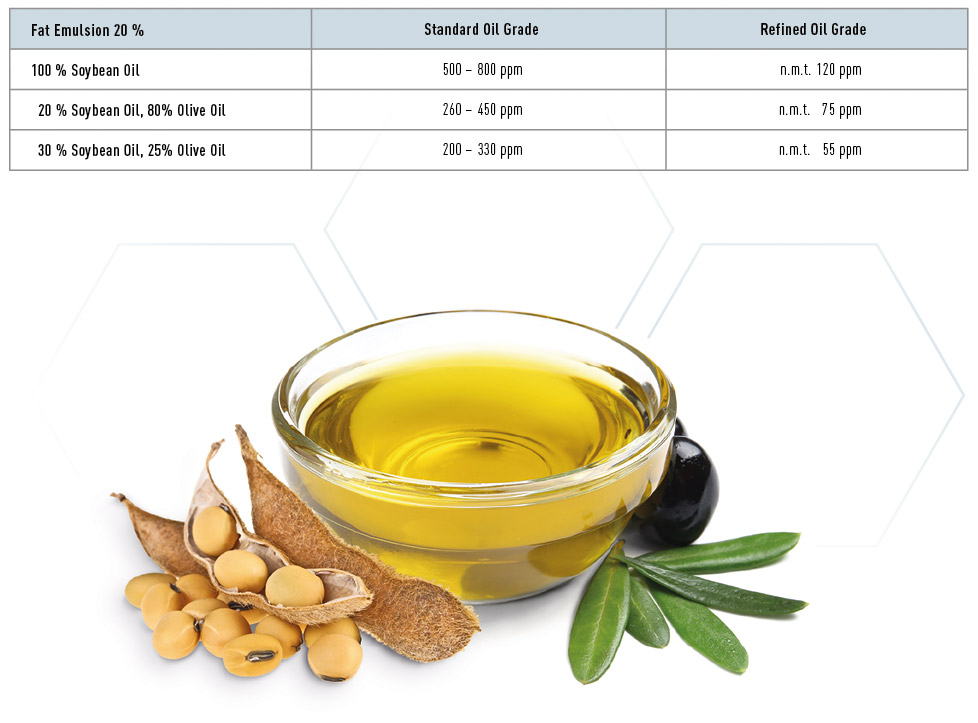
In pharmazeutischen Formulierungen werden aus pflanzlichen oder tierischen Quellen gewonnene Phospholipide und synthetische Phospholipide als Hilfsstoffe verwendet. Natürliche Phospholipide werden z.B. aus Sojabohnen oder Eigelb mit Hilfe von Extraktionsverfahren mit nicht toxischen Lösungsmitteln- und Chromatographieverfahren mit geringem Energieverbrauch und möglichst wenig Abfall gewonnen. Aufgrund der Verwendung validierter Fraktionierungsverfahren und der Beschaffung von Rohstoffen mit gleichbleibender Qualität weisen die resultierenden Produkte mit unterschiedlichen Phosphatidylcholingehalten eine ausgezeichnete Reproduzierbarkeit von Charge zu Charge hinsichtlich der Phospholipid- und Fettsäurezusammensetzung auf. haben. Die natürlichen Phospholipide sind in Arzneibüchern und relevanten Richtlinien der Zulassungsbehörden beschrieben. Synthetische Phospholipide werden vorzugsweise aus Glycerophosphocholin (GPC) natürlichen Ursprungs hergestellt. Synthetische Phospholipide spielen im Vergleich zu natürlichen Phospholipiden in der pharmazeutischen Technologie eine untergeordnete Rolle. Natürliche Phospholipide werden gegenüber synthetischen bevorzugt, da sie aus erneuerbaren Quellen stammen und mit nachhaltigen umweltfreundlichen Verfahren hergestellt werden. Im Vergleich zu synthetischen Phospholipiden sind die natürlichen Phospholipide in größerem Maßstab und zu relativ niedrigen Kosten verfügbar.
